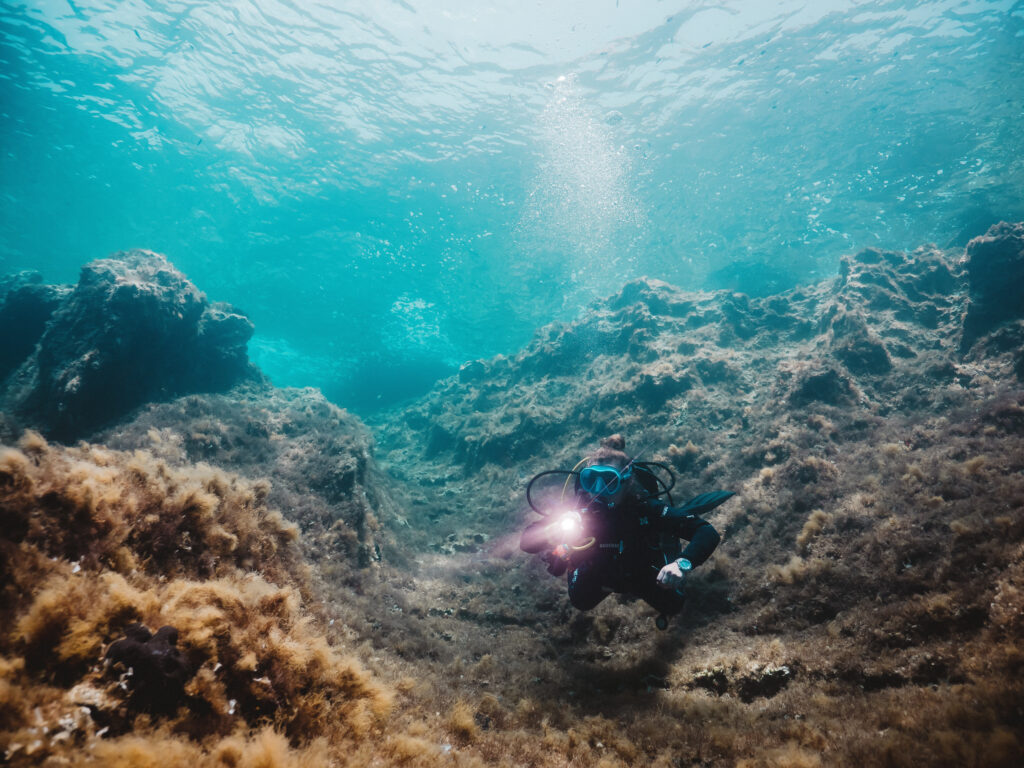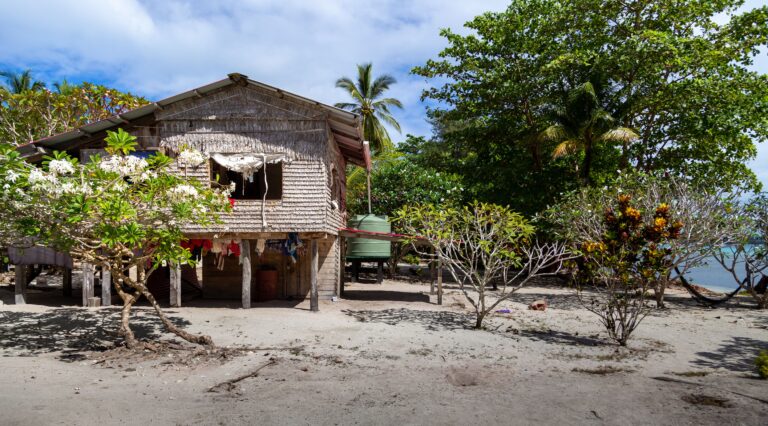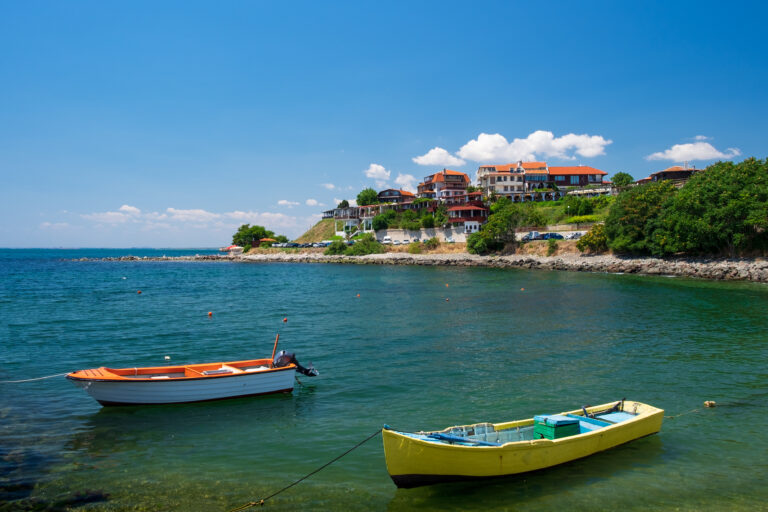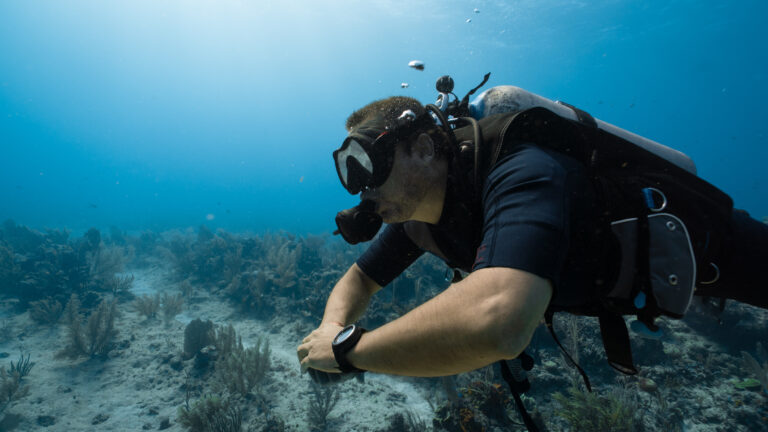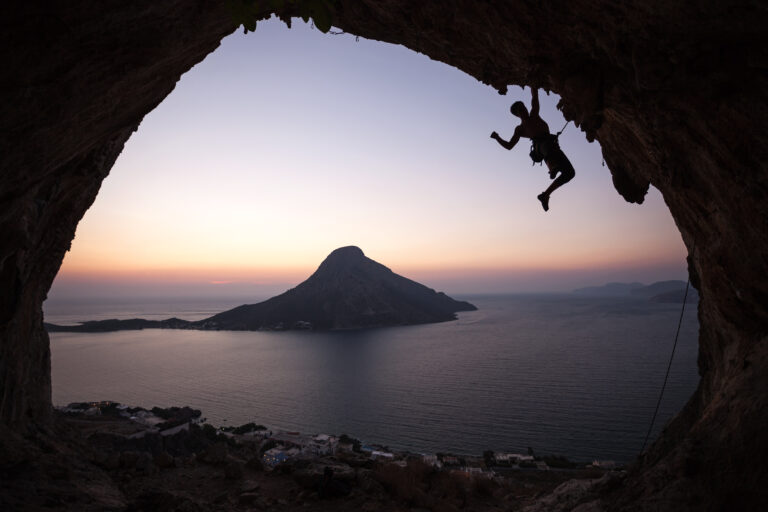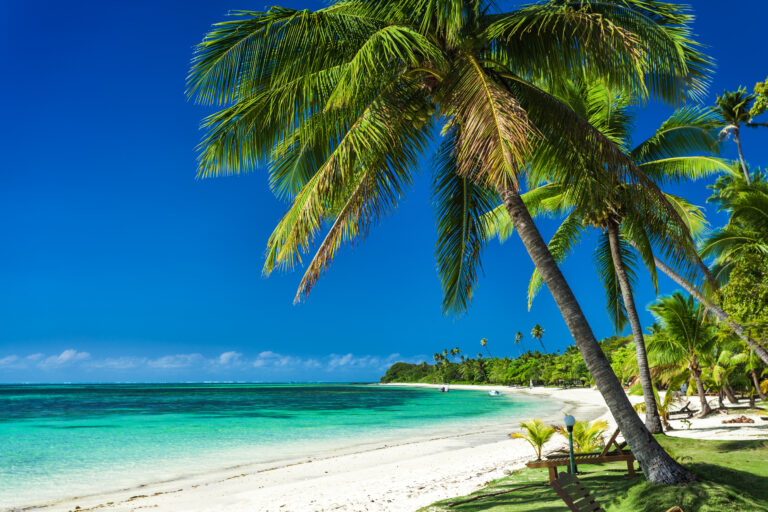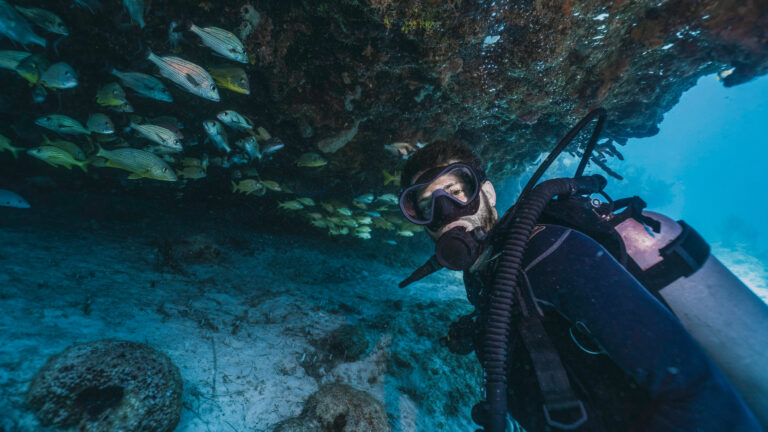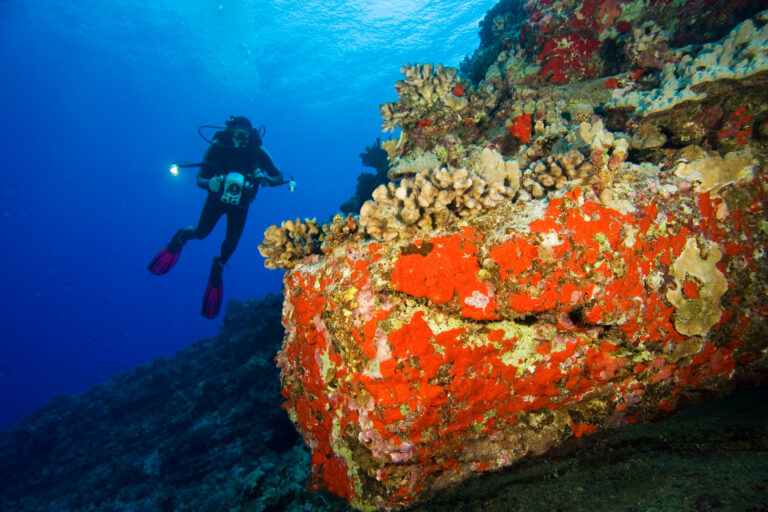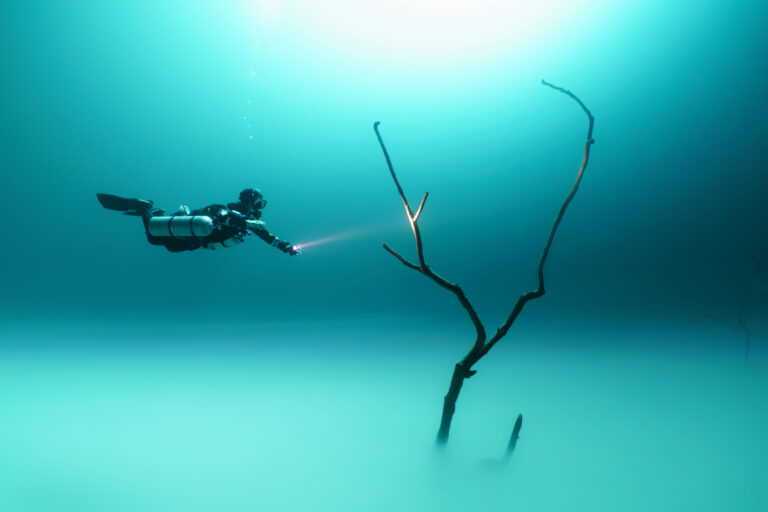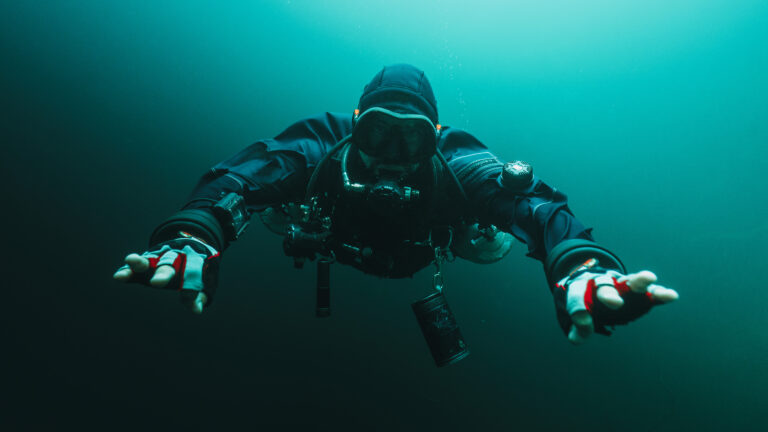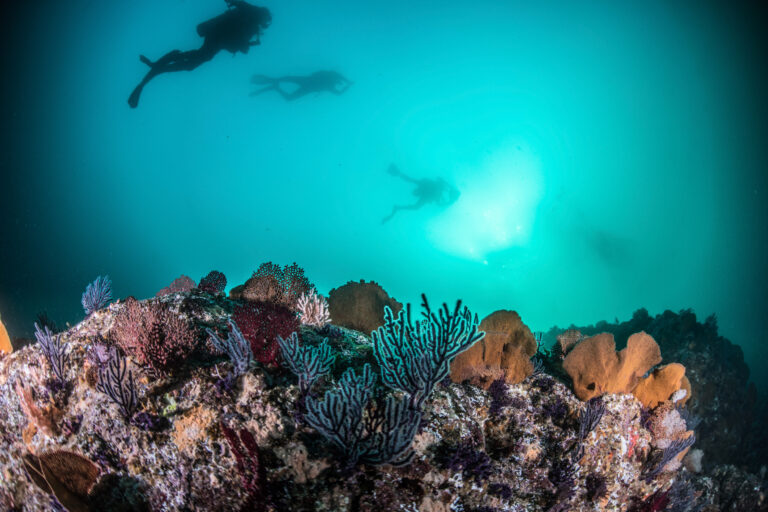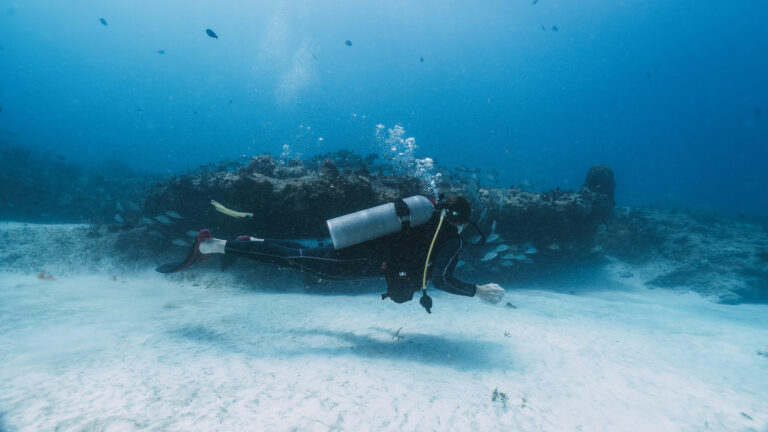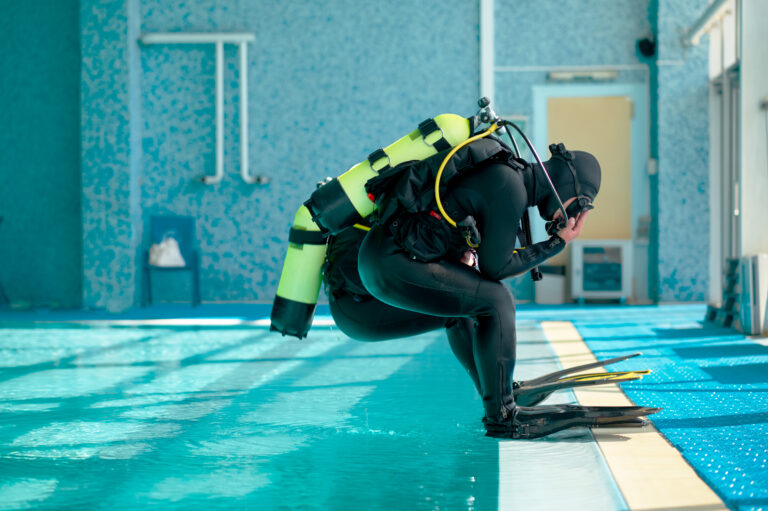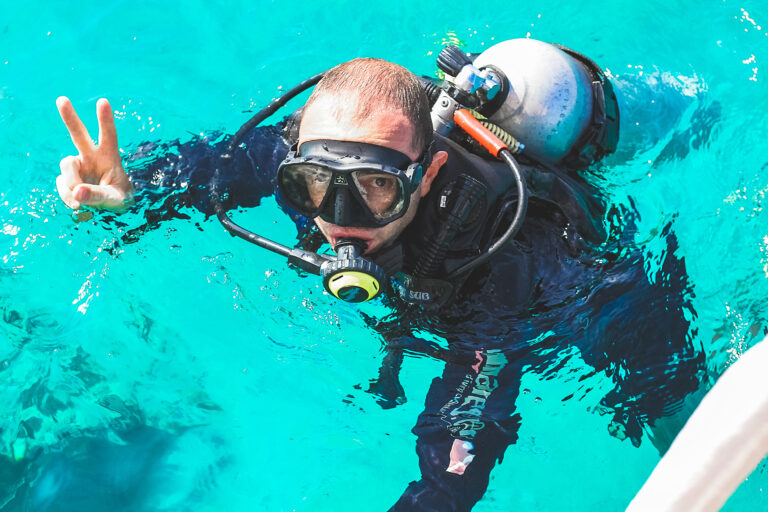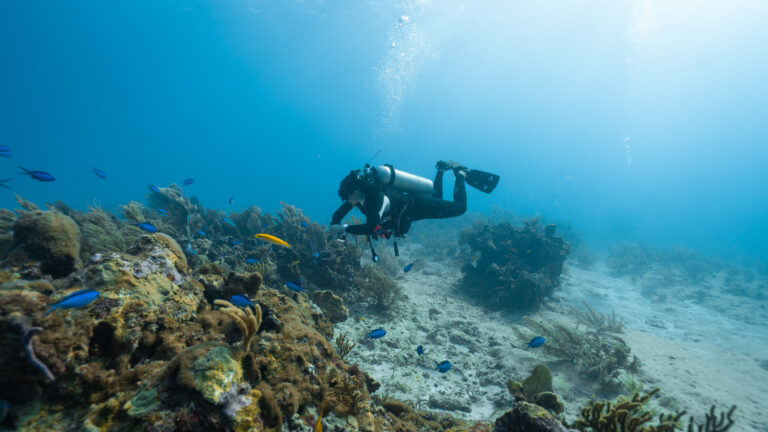Scuba Divers’ Travel Guide to Tuvalu
Tuvalu, a small island nation in the central Pacific, offers scuba divers a unique and intimate diving experience. The clear, warm waters are home to vibrant coral reefs and a variety of marine life. Tuvalu’s remote location ensures that the dive sites remain pristine and relatively undiscovered. The islands’ diverse underwater landscapes, including coral gardens and drop-offs, provide a range of diving experiences. For scuba travelers seeking a serene and unspoiled diving destination, Tuvalu offers a captivating and unforgettable adventure.
Location and Geography
Tuvalu, an idyllic cluster of nine coral atolls, is nestled in the Pacific Ocean midway between Hawaii and Australia. This sovereign state, formerly known as the Ellice Islands, is part of the British Commonwealth and is the fourth smallest country in the world, both in terms of area and population. Its geography is characterized by low-lying atolls and reef islands, with the highest point being less than 5 meters above sea level. The atolls are composed of three reef islands and six true atolls, with Funafuti being the most populous and serving as the nation’s capital. Tuvalu’s remote location contributes to its pristine underwater environments, offering scuba divers the chance to explore untouched coral reefs teeming with marine life. The surrounding waters are warm and clear, providing excellent visibility for an immersive diving experience. The isolation of Tuvalu has preserved its reefs from the heavy tourist traffic seen in more accessible locations, making it a unique and tranquil destination for divers seeking a serene underwater adventure.
Visa and Entry Requirements
Before embarking on your underwater adventure to Tuvalu, it is essential to understand the visa and entry requirements for this tiny island nation nestled in the Pacific Ocean. Travelers from most countries can obtain a visa upon arrival for stays up to 30 days, provided they have a passport valid for at least six months beyond the intended period of stay, proof of onward travel, and accommodation arrangements. It is advisable to check with the Tuvalu Immigration Department or the nearest Tuvalu High Commission or Embassy for the most current information, as regulations can change. Additionally, ensure that you have evidence of sufficient funds to support your stay and consider any transit visa requirements if you are passing through other countries en route to Tuvalu. With the paperwork in order, you can look forward to exploring the pristine reefs and abundant marine life that await in the warm, clear waters of Tuvalu.
Getting to Tuvalu
Getting to Tuvalu, a tiny island nation in the Pacific Ocean, is an adventure in itself, as it is one of the least visited countries in the world. The primary gateway to Tuvalu is through Funafuti International Airport, which is located on the atoll of Funafuti, the country’s capital. Flights to Tuvalu are limited, with Fiji Airways operating services a few times a week from Suva, Fiji. It’s essential to plan your trip well in advance and be prepared for a flexible schedule, as flights can sometimes be subject to change due to weather conditions or logistical reasons. Once you arrive, you’ll find yourself in a remote paradise, far from the bustling tourist trails, where the underwater world is pristine and waiting to be explored by intrepid scuba divers. Keep in mind that accommodation and transportation options in Tuvalu are modest and should be arranged ahead of time to ensure a smooth journey into this tranquil and unspoiled diving haven.
Best Time to Dive
Getting to Tuvalu, a tiny island nation in the Pacific Ocean, is an adventure in itself, as it is one of the least visited countries in the world. The primary gateway to Tuvalu is through Funafuti International Airport, which is located on the atoll of Funafuti, the country’s capital. Flights to Tuvalu are limited, with Fiji Airways operating services a few times a week from Suva, Fiji. It’s essential to plan your trip well in advance and be prepared for a flexible schedule, as flights can sometimes be subject to change due to weather conditions or logistical reasons. Once you arrive, you’ll find yourself in a remote paradise, far from the bustling tourist trails, where the underwater world is pristine and waiting to be explored by intrepid scuba divers. Keep in mind that accommodation and transportation options in Tuvalu are modest and should be arranged ahead of time to ensure a smooth journey into this tranquil and unspoiled diving haven.
Accommodation Options
Accommodation options in Tuvalu, while limited due to its remote location and small size, offer visitors a genuine and intimate experience of Pacific Island life. Visitors to this pristine scuba diving haven can choose from a handful of guesthouses and lodges, primarily located on the main island of Funafuti, where the majority of dive sites are easily accessible. These accommodations range from simple, family-run establishments to more comfortable, modestly-equipped lodges, often providing basic amenities that ensure a comfortable stay without detracting from the island’s natural charm. Many accommodations are happy to assist with arranging dive excursions, including equipment rentals and local guides. For those seeking a truly immersive experience, some local families offer homestays, allowing divers to not only explore the underwater wonders of Tuvalu but also to engage with the local culture and traditions on a deeper level. It’s advisable to book well in advance, as the limited number of rooms can fill up quickly, especially during the peak diving season.
Dive Operators and Dive Shops
In the heart of the Pacific Ocean lies the serene archipelago of Tuvalu, an off-the-beaten-path destination for scuba divers seeking pristine reefs and intimate encounters with marine life. Dive operators and shops in Tuvalu are few but offer personalized experiences, catering to both novice and seasoned divers. The main island of Funafuti is home to the primary dive shops, where you can arrange for equipment rentals, guided dives, and PADI certification courses. These small-scale operators are known for their local knowledge and commitment to safety and environmental conservation. Divers can expect to explore untouched coral atolls, swim alongside schools of tropical fish, and even encounter the occasional sea turtle or reef shark. Due to the limited number of dive shops, it is advisable to book dive excursions in advance, especially during the peak travel season, to ensure availability and a truly bespoke underwater adventure in the tranquil waters of Tuvalu.
Transportation within Tuvalu
Transportation within Tuvalu, one of the world’s smallest and most remote island nations, is an adventure in itself, reflecting the simplicity of island life. The country consists of nine tiny islands, with Funafuti being the most populous and home to the only airport. To travel between these islands, visitors typically rely on the government-operated cargo/passenger ships, which can make for a leisurely and scenic journey, albeit on an infrequent schedule. On Funafuti itself, options are limited to walking, bicycles, motorbikes, and a handful of taxis, as the island is only about 1 km wide and 12 km long. For scuba divers looking to explore multiple atolls, planning ahead is crucial due to the limited and irregular inter-island transport. It’s essential to coordinate with local dive operators for boat transportation to dive sites, as they are well-versed in navigating the atoll’s waters and can provide the most efficient and reliable means to reach the underwater wonders that Tuvalu has to offer.
Currency and Payment Methods
When traveling to Tuvalu for scuba diving adventures, it’s important to be prepared with the appropriate currency and payment methods. The official currency of Tuvalu is the Australian Dollar (AUD), which is widely accepted across the islands. While major hotels and dive operators may accept credit cards, particularly Visa and Mastercard, it’s essential to carry sufficient cash for transactions in smaller establishments, local markets, and remote areas where electronic payments may not be an option. ATMs are limited and can be found only in Funafuti, the capital, so it’s advisable to withdraw enough funds before venturing to other islands or remote dive sites. Traveler’s checks are not commonly used, and exchanging foreign currency can be challenging outside of the capital. Therefore, planning your finances and having a mix of cash and credit card options is prudent to ensure a smooth and enjoyable diving experience in the serene waters of Tuvalu.
Language and Communication
When traveling to Tuvalu for scuba diving, it’s important to note that Tuvaluan, a Polynesian language, is the native tongue, with English being the second official language. While English is commonly used in government and for other formal communications, Tuvaluan is widely spoken among the local population. As a diver, you’ll find that English is generally understood within the diving community, especially by instructors and guides at dive centers catering to international tourists. However, learning a few basic phrases in Tuvaluan can greatly enhance your interaction with local residents and show respect for their culture. Communication underwater is universal and relies on hand signals that are recognized by divers around the world. It’s essential to familiarize yourself with these signals and any specific gestures that your dive operator may use. Always ensure clear communication with your dive buddy and guide, both for safety and to share the excitement of discovering Tuvalu’s underwater treasures.
Local Culture and Attractions
Tuvalu, a tiny island nation in the Pacific, offers a unique cultural tapestry that is as enchanting as its underwater wonders. Visitors to Tuvalu can immerse themselves in the local Polynesian culture, which is celebrated through music, dance, and the art of storytelling. The traditional ‘fatele’ dance nights are a vibrant display of community and rhythm, often accompanied by the beat of the ‘fatu,’ a local drum. Above the surface, the islands are dotted with remnants of World War II history, such as debris and bunkers, which silently narrate tales of the past. The capital, Funafuti, invites travelers to explore the Funafuti Marine Conservation Area, where the conservation of sea turtles and the preservation of natural resources are a testament to the locals’ respect for their environment. The Tuvaluan way of life, with its strong emphasis on community and simplicity, is a refreshing contrast to the hustle of modern life, offering a serene backdrop to the spectacular diving experience.
Cultural Etiquette and Tips
When visiting Tuvalu for scuba diving, it’s important to approach the local culture with respect and sensitivity. As a small Polynesian island nation, Tuvaluans are known for their friendliness and communal lifestyle, but they also value modesty and tradition. Dress conservatively when not on the beach or diving, and always ask permission before taking photographs of people, especially in the more traditional outer islands. Greet locals with a gentle smile and the word “Talofa,” which means hello. Be mindful that resources on the islands are limited; water is precious, and electricity may not be available at all times. As a visitor, aim to minimize your environmental impact by conserving water, avoiding littering, and respecting marine life and coral reefs while diving. Engage with the local community by participating in any offered cultural experiences and support local businesses. Remember that Tuvalu is a conservative Christian nation, so be particularly respectful of local customs on Sundays, which are generally observed as a day of rest and worship. By showing cultural awareness and courtesy, you’ll enrich your diving experience and foster positive relationships with the Tuvaluan people.
Local Laws and Regulations Relevant to Tourists
Before plunging into the pristine waters of Tuvalu, scuba divers should be aware of local laws and regulations designed to protect both the diver and the delicate marine ecosystem. Tuvalu enforces strict environmental laws to preserve its coral reefs and marine life, which includes regulations on fishing, collection of coral, and interaction with wildlife. It is illegal to remove any coral or sea shells from the ocean, a measure to prevent damage to the reef systems. Divers must also adhere to guidelines that prohibit touching or feeding fish and other marine creatures to avoid disrupting their natural behavior. Additionally, dive operators in Tuvalu require divers to present a valid certification card and may ask for a check-out dive to ensure safety and competence. It is also important to note that Tuvalu observes customary land and sea ownership rights; therefore, accessing certain dive sites may require permission from local landowners or community leaders. Tourists should always consult with their chosen dive operator or local authorities to ensure compliance with all regulations and to respect Tuvalu’s cultural and environmental heritage.
Safety Tips and Emergency Contacts
When planning a scuba diving trip to the pristine waters of Tuvalu, safety should be your utmost priority. Before embarking on your underwater adventure, ensure that you are well-versed in dive safety procedures, including buddy checks, pre-dive equipment inspections, and understanding the signs of decompression sickness. Always dive within your certification limits and be mindful of the strong currents that can occur around the atolls. It is crucial to have a dive plan and to communicate it with your dive operator. In case of an emergency, be aware that Tuvalu’s medical facilities are limited. The nearest decompression chamber is in Suva, Fiji, so consider investing in dive insurance that covers medical evacuation. For immediate assistance, contact the Princess Margaret Hospital in Funafuti at +688 20725. Additionally, ensure that you have the contact details of your country’s embassy or consulate, as well as local emergency services, programmed into your phone. Remember, the key to a successful dive trip is preparation and caution, so take the time to familiarize yourself with local protocols and emergency contacts to ensure a safe and enjoyable experience in the stunning waters of Tuvalu.
Health and Travel Insurance
When planning your scuba diving trip to the pristine atolls of Tuvalu, it is crucial to prioritize your health and travel insurance. Given the remote nature of this Pacific Island nation, access to comprehensive medical facilities is limited, and a medical evacuation, should you need one, can be exorbitantly expensive. Ensure that your travel insurance policy includes coverage for scuba diving activities, as not all policies do, and verify that it provides for hyperbaric chamber treatment, which is essential in the rare case of decompression sickness. Additionally, confirm that your policy covers medical evacuation and repatriation, as the nearest decompression chambers and advanced medical facilities may be located in countries such as Fiji or Australia. It’s also wise to be up-to-date with routine vaccinations and to consult with a travel health specialist for any additional immunizations recommended for the region. By securing the right insurance, you can dive into Tuvalu’s underwater wonderland with peace of mind, knowing that you are well-protected against unforeseen health and travel incidents.

